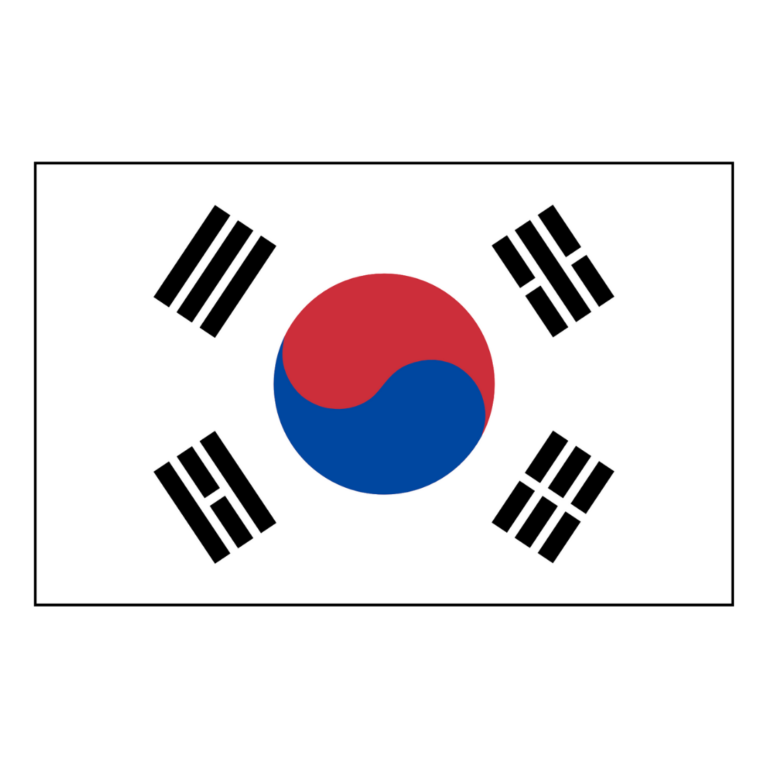Many students strive for academic excellence, putting all of their effort into being the best; but when does it get to be too much? Academic pressure and extreme competition between students are cause for concern in many countries around the world, but in this article, we are zooming in on South Korea and how the constant academic pressure to be on top is affecting the students to the point of self-harm and suicide.
The Suneung:
Let’s begin by understanding the South Korean education system. In South Korea, there are 6 years of elementary school, 3 years of middle school, and 3 years of high school, plus the additional years of higher education which varies from person to person. On average, the time spent studying after school in this nation is said to be around 10-12 hours per week. Which isn’t too bad and makes sense for a high school workload. But, many adolescents partake in after-school academies, and academic-related extracurriculars which take up a significant amount of their time. This can put a strain on their mental health due to long nights of working hard and can lead to burnout as well.
One of the leading causes of academic stress in students in high school is the one major, 8-hour exam they have to take to successfully get into their university of choice. This supposed life-determining test is called the Suneung, which is a College Scholastic Ability Test that every student must take. On the day of this exam, the entire nation goes quiet, everyone trying to get the students to their exams, and parents praying at churches and temples to ensure that their child passes.
“The Suneung is the culmination of an entire academic career for a student in Korea,” a writer for the Asia Society states. “Especially in high school, students’ lives revolve around this test with most students arriving at school at 7 am and not getting home until well past midnight.”
This test isn’t just some ordinary assessment of learning, this is the ultimate test that the students have been preparing for since kindergarten, putting their blood, sweat, and tears into not just passing this exam but getting a high enough score to be able to get into university for higher education. Many students end up having to take the exam more than once to meet the score qualification for their selected college.
Impact on the students:
The Suneung, as described, is basically what they believe their entire life course depends on in South Korea. South Korean society puts a high value on education and success academically. This cultural emphasis on education motivates students to work hard but what adults don’t realize is that this type of pressure to constantly be perfect and get the best scores on all tests is putting a lot on the youth.
South Korea has one of the highest suicide rates in the world, with 35 people taking their own lives each day. Although academic stress isn’t the leading factor in these cases, it contributes to around 12% of suicides in the nation. And the main cause of academic stress is the Suneung.
Countless young lives have been lost to this education system, not just in South Korea, but all over the world (especially in the continent of Asia). It’s time to begin taking steps towards improvement and putting the youth first and not their academic accomplishments. We need to understand that students are more than just their grades and test scores. They have impeccable strengths, creativity, and personality that have been lost to these high-pressure standardized tests turning these kids into machines.
Many people have spoken up about these issues encouraging the government to decrease the importance of these exams and include more workshops and extracurriculars, allowing students to tune into their creative, problem-solving side instead of exclusively focusing on academics.
We need to start putting mental health first and let the youth know that they are more than just an academic machine; they are valued.
Written By: Poorvi Deshpande, Mental H2O Youth Resource Writer


